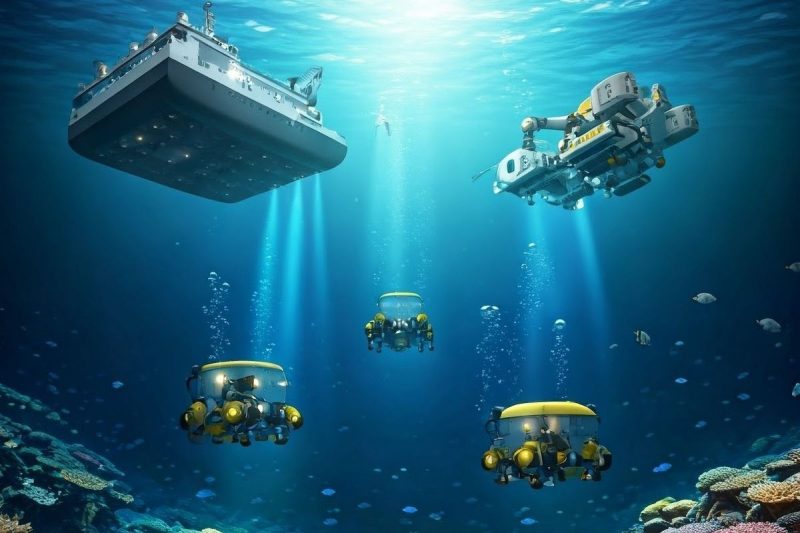Norway’s recent decision to suspend plans for deep-sea mining is a response reflecting the rising concern over the possible environmental implications of this potentially lucrative industry.
Deep-sea mining, a process that involves extracting valuable minerals and metals from the deep-sea floor, has been viewed by some nations as a promising new frontier for mineral extraction. It is an area where Norway, with its history of maritime industries and technological prowess, could potentially excel.
However, Norway’s government recently announced that it will delay plans for deep-sea mining to allow for further scientific research into the practice’s environmental impacts. This move reflects an ongoing worldwide debate regarding this relatively new industry.
Deep-sea mining creates numerous environmental concerns. While it can potentially yield critical minerals necessary for the renewable energy sector, the methods for extracting these underwater resources can lead to substantial disruption of marine ecosystems. The process of mining creates plumes of sediment that rise from the sea floor, which can potentially pollute the water column, disrupt marine life and interfere with photosynthesis processes as these plumes block sunlight.
Moreover, the sea floor habitats that would be disturbed by deep-sea mining are recognized as some of the most biologically diverse ecosystems on earth. Disturbances to these environments could negatively impact species that are yet to be discovered, and the overarching consequences for marine biodiversity are still not fully understood. This void of knowledge and the potential harm to these unknown species is a significant factor in Norway’s decision to suspend deep-sea mining.
Should crucial ecosystems be disrupted, the effects would likely reverberate through the food chain, potentially causing catastrophic damage to broader marine life and commercial fisheries. Deep-sea species also play a crucial role in carbon sequestration processes, making their disruption a potential exacerbator of climate change.
Moreover, there are concerns about the cumulative and long-term impacts of this activity. This is largely uncharted territory, and there is a lack of extensive research into the effects of deep-sea mining. This makes it difficult to implement effective regulatory measures and management plans to mitigate potential environmental damage.
Norway’s decision to suspend deep-sea mining demonstrates a commendable prioritization of environmental conservation over economic advancement. However, it also signifies the ongoing complexity of our transition to a more sustainable global economy. While the minerals found in deep-sea environments are vital for renewable energy technologies, the methods of obtaining them must not compromise our efforts to protect the environment.
Looking ahead, the decision brings added focus on the need for scientific exploration and environmental research before we venture into the unknown depths of our oceans for resource extraction. Norway’s move also pressures international regulatory bodies to ensure robust safeguards and scrutiny before permitting deep-sea mining in other parts of the world. Only with comprehensive understanding and careful management can we balance the daunting task of securing vital resources while preserving our precious marine ecosystems.




